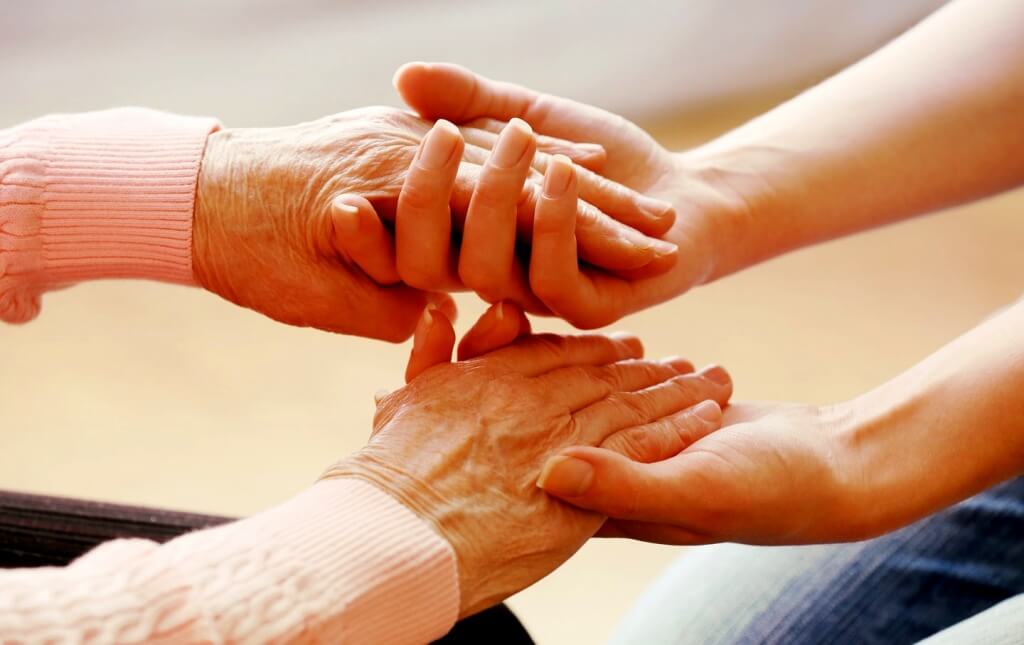The work that dependent caregivers do is not only one of the greatest gestures of love, but also of justice. After all, although there are incurable diseases, no one is “insoluble. That’s why it’s one of the most important attitudes. “of society, but also one of the least recognized by our governing bodies.
Each of us has somehow lived through the family dynamic where the attention of the dependent is in charge of a primary caregiver (usually a woman) who assumes most of the responsibilities, gradually his existence is subject to this private situation, hard and sacrificed context where the overloads, the feeling of loneliness and disconnection with his environment take place.
- Caring means being able to provide an adequate quality of life for the elderly or the sick.
- Taking care of themselves.
- Because dedication and all the love invested should never lead to emotional exhaustion or the feeling of loneliness.
Even today, there are still large gaps in addiction management and social recognition of dependent caregivers, it should also be noted that the caregiver sector not only includes the care of the elderly or people with dementia, there are people with spinal cord injuries, mental illness, cerebral palsy and the large but invisible community of rare diseases.
Caring for a sick, elderly or high-disability person was traditionally the responsibility of a middle-aged woman. Care is almost always a “women’s issue,” and most complicated of all, until recently, not all of these women received assistance, instruments, or advice on how to care for others and themselves.
Fortunately, these traditional roles are changing, and even if. . . As the primary caregiver, she already has more resources, such as day care centers, residences, or counseling trainers who train caregivers to adequately care for the dependent patient.
However, it is still very common to see the following health problems among the caregivers themselves:
Since we already know that much of the care of dependents is done in a family environment and that it is the responsibility of a primary caregiver who will spend more time with the patient, do we also have to think of a simple question?Who’s going to take care of him, taking care of the caregiver?
Caregivers find their daily breath in love, but sometimes the engine of their heart is not enough when their forces fail and loneliness appears.
It is important to understand that caregivers can face situations that often affect their physical and psychological health, however, thanks to sincere love and absolute dedication between the caregiver and the dependent, it is very likely that the former will hesitate to rest. share responsibilities or take care of themselves. All of this sums up what “caregiver syndrome” is.
Let’s look at some strategies that may be useful in these cases
Not everyone is born with the vocation of “being a caregiver”, it is probably life itself that puts the person in this forced situation, so the first step will be to receive the appropriate support and information about the family member’s illness, the care they receive. need and how to achieve them.
Anonymous caregivers who currently live in the privacy of their homes do immense work in our society, which is not always recognized by institutions, yet it is something that families appreciate, something that ennobles us as individuals and teaches us that caring for oneself is loving and valuing others as part of ourselves.

